Black History Month 2008
 Saturday, February 16, 2008 at 01:30PM
Saturday, February 16, 2008 at 01:30PM
By the time I left home for college in 1967, I already knew more about Western Civilization (Age of Reasoning, the Great Awakenings, the Industrial Revolution,..etc.) than my forefathers. My primary focus was on trying to understand "the here and now".
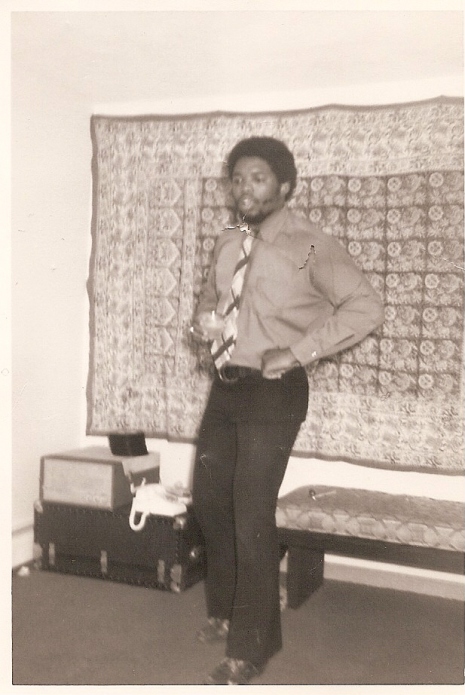
I had little use for "the here-after", and was highly suspicious of anyone who did:
More often, than not, I would refer the religious zealots (of the time) to the 23rd Psalms; and deflect their attempts at socialization by reminding them that "the lord was no shepherd of mine".
As far as I was concerned the Silent Majority, and the Black Power Advocates were "birds of a feather".
Hence I open Chapter 4: Knights of the Roundtable*, by saying that "most of the events exploding on the national stage took Central by storm; as the Spirit of Camelot rode a fiery steed (Robert Kennedy had aligned himself with the Civil Rights movement), and Odysseus railed against the Gods,..ie Dr King had become too vocal on the subject of human rights.
[*For a more contemporary political assessment of the Arthurian legend and the Sixties; see Camelot and the Cultural Revolution by James Piereson, released in 2007 by Encounter Books.]
***************************************************************************************************************************
As we head into "black history month", remember that our cultural heritage renews itself in every generation:
Who we are today, and who we will be tomorrow, is largely a by-product of who we were yesterday.
Teach the children History, as well as Language Arts, English, Math, and Science.
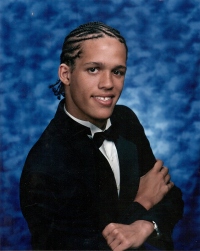
And if they choose to sport the hair style of their ancestors; applaud the courage, instead of criticizing the audacity.
 [JL Harris]
[JL Harris]
Braids were fairly common within the South Carolina sub-culture, however few, if any, wore them while in the presence of members of the governing class. Normative behavior demanded that females comb their hair out; and that males keep their hair closely cropped about the head.
[You'll notice that during the 1990's Brad & Court did the opposite: he wore his hair long and she wore her's short.]
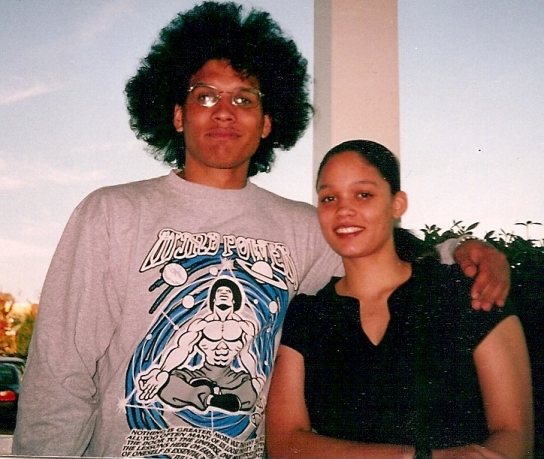
It was generally understood that to do otherwise constituted an intolerable offence to the governing class; as well as an open invitation to disaster.
By the time my generation came of age, late 1960s, early 1970s, not only were males wearing slave braids; but combing their hair out in defiance of what (for the governing class) had become a tradition.
Now-a-days few Americans take offence to braids: As a matter of fact, many have co-opted the hairstyle to suit their individual taste.
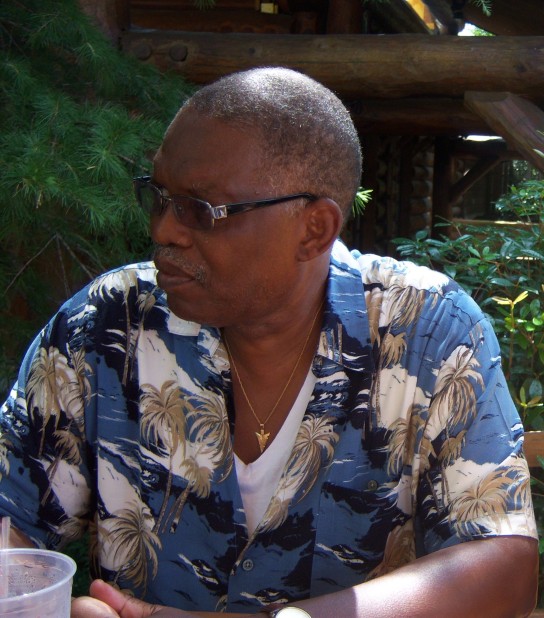
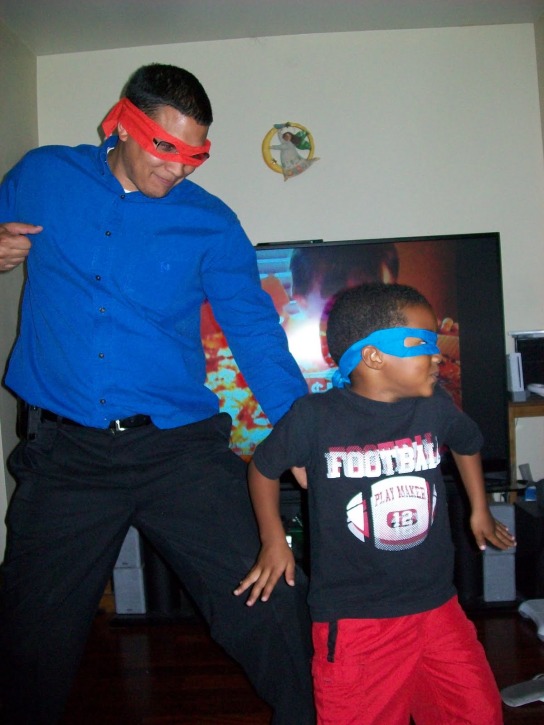
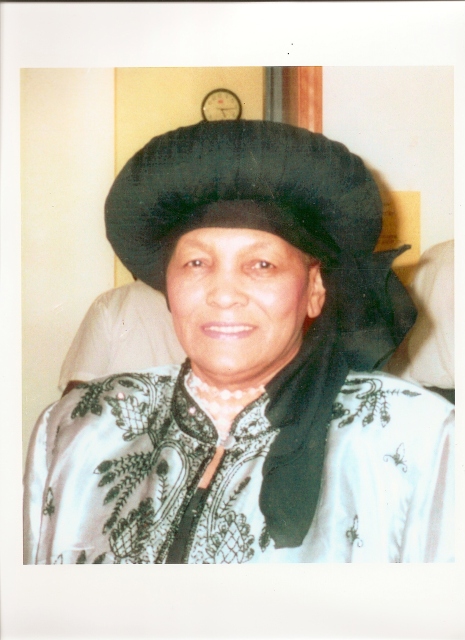 Doshia Greene Bowling
Doshia Greene Bowling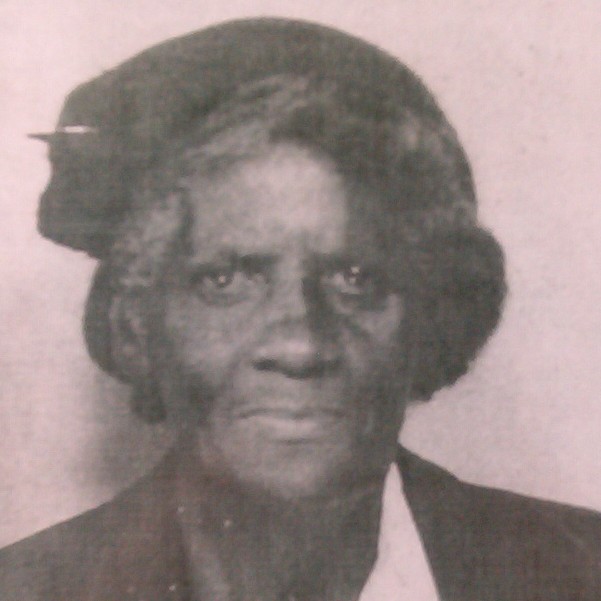
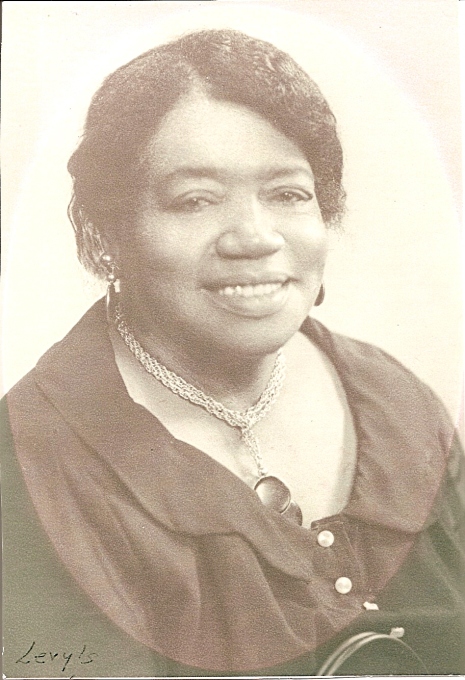
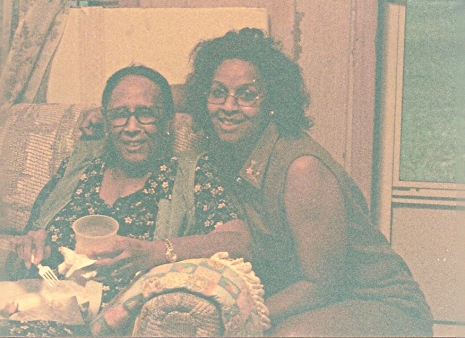
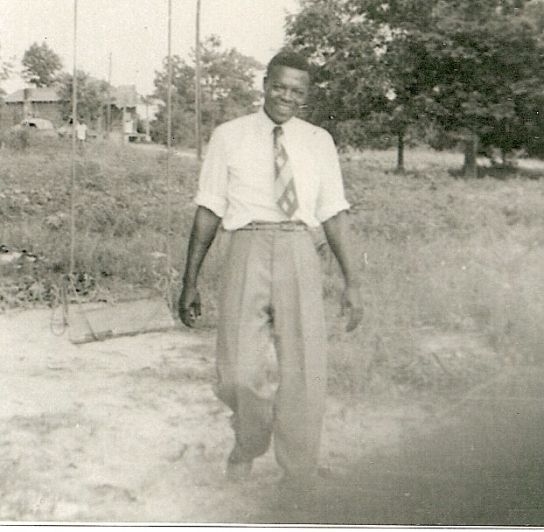

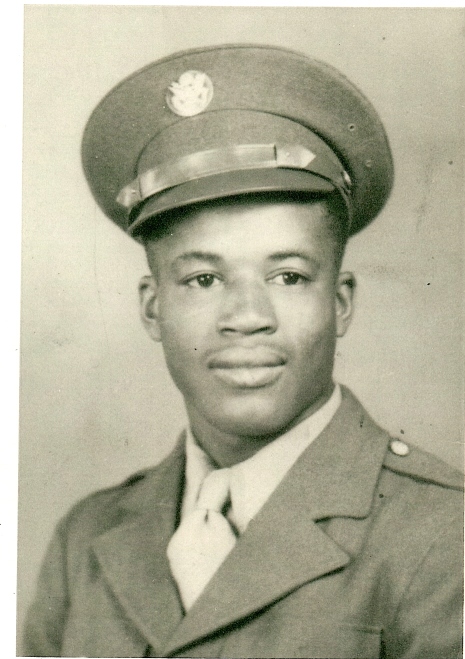
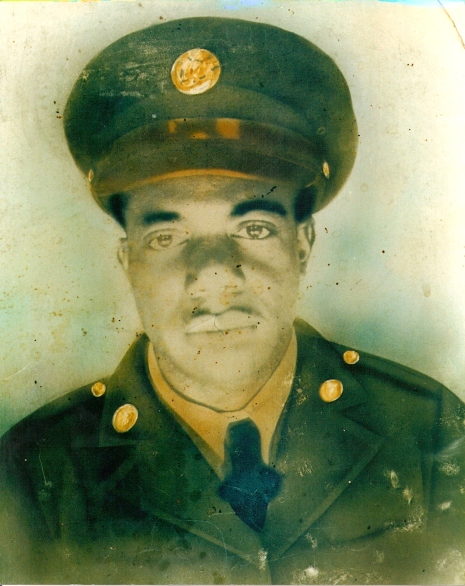
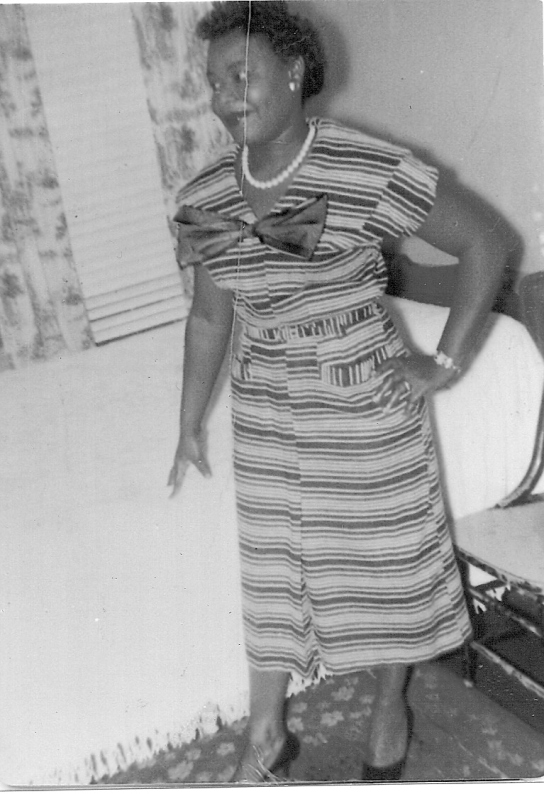
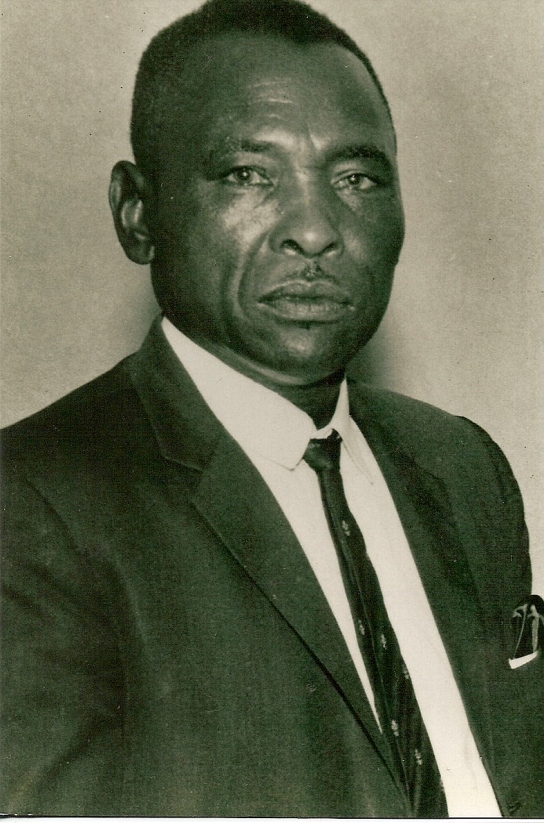
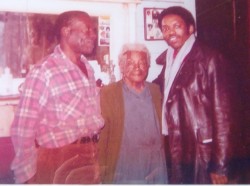 Sunman, Bigmama, & Johnnie Lee 1979
Sunman, Bigmama, & Johnnie Lee 1979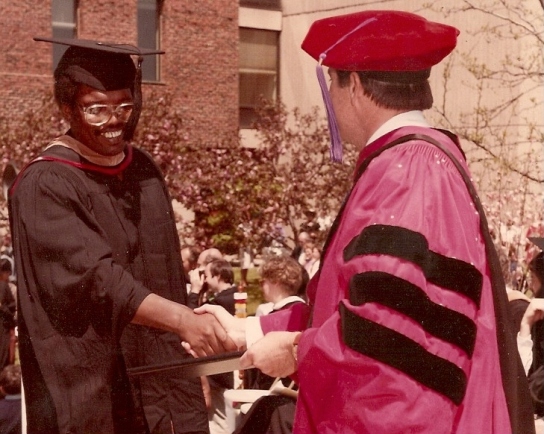
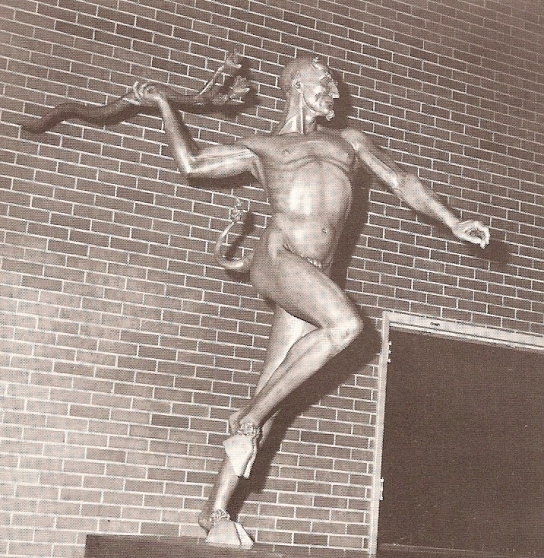
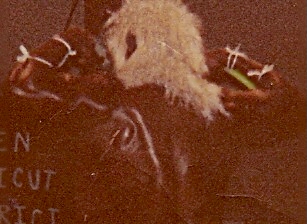
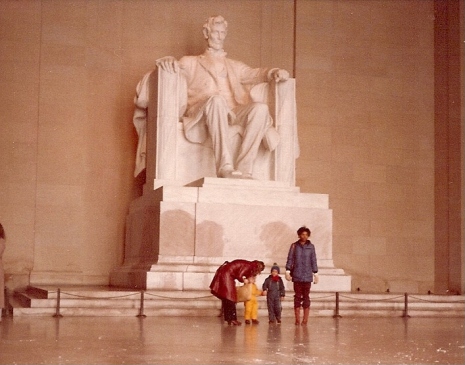

Reader Comments